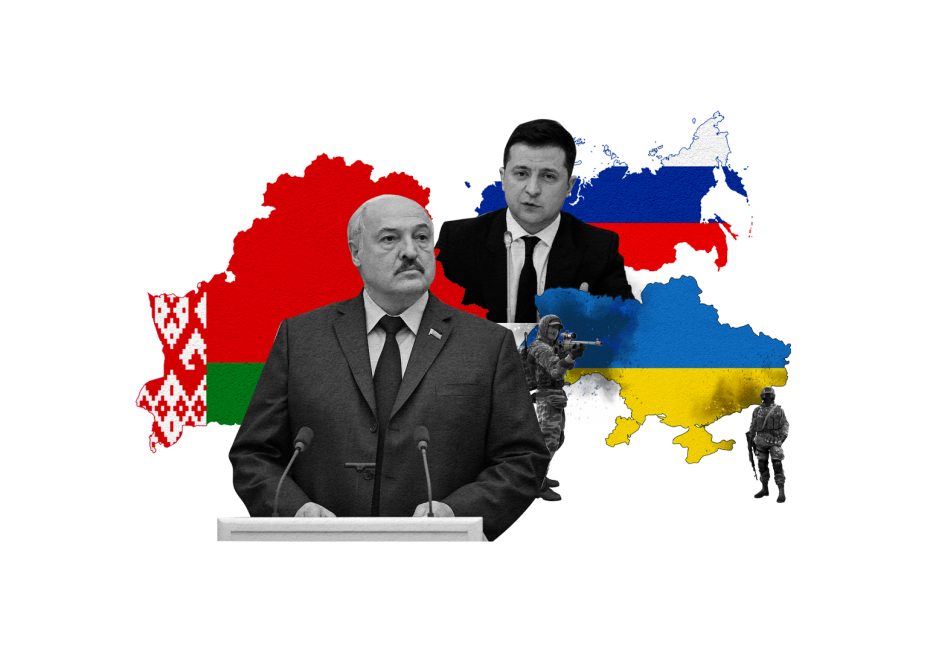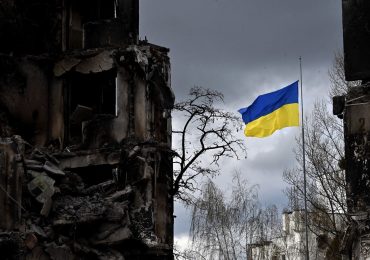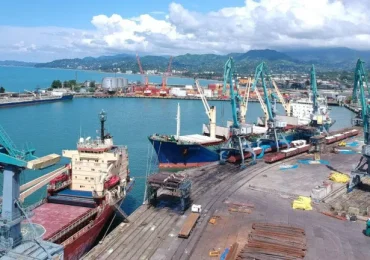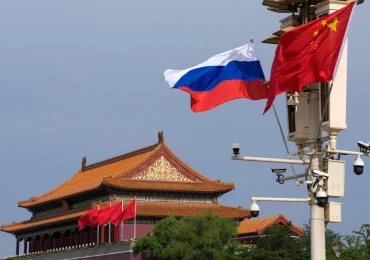The Kremlin’s decision to escalate its war against Ukraine after the announcement of partial mobilisation and annexing occupied territories in southern and eastern Ukraine, the conflict might not leave any other option for Russia’s ally Belarus but to directly get involved in the conflict. On October 10, Belarusian president Alexander Lukashenko announced the formation of a “joint military group” with Russia following his claims that Ukraine was preparing to attack Belarus. His statement has suggested that a new front can emerge in Russia’s war in Ukraine.
Russia has always been a powerful economic and political partner for Lukashenko, supporting the current authoritarian regime for more than 27 years. However, the relationship between the two states has always been unstable. Belarus has never been interested in being part of ‘Ruskiy Mir’ (the Russian World) and even “flirted” with the West to antagonize Moscow. The Belarusian government even removed pro-Russian figures from the country’s security apparatus in the mid-2010s. In 2014, when Russia undertook its military campaign against Ukraine, Lukashenko remained neutral and refused to recognize Russian claims on the Crimean Peninsula.
August 2020, however, marked the dawn of a new period. In a presidential election, Lukashenka lost the election to Svyatlana Tsikhanouskaya, a 37-year-old former teacher who entered the race after her husband, Siarhei Tsikhanouski, was arrested and blocked from registering for the vote. However, the vote was domestically and internationally seen as rigged, as Lukashenka declared himself the winner with 80 per cent of the votes. The EU along with the UK, US, Canada and Switzerland weighed sanctions against the Lukashenko regime. These sanctions put a massive strain on Belarus’s economy. As a result, Belarus was rocked by thousands of protesters, who were triggered by Lukashenka’s re-election to the sixth term. The Belarussian Security Forces violently cracked down on nationwide protests and started massive repression of the opposition and media. During the demonstrations, more than 35,000 people were detained.
The Kremlin directly assisted Lukashenko in effectively overcoming months-long street rallies and weather sanctions. Putin also promised the Belarusian leader military assistance if things went “out of control.” Despite such guarantees, Russian aid to Lukashenko has not come without significant consequences. Moscow provided a 1.5 billion US dollar aid to closely tie Belarus to Russia, which was already -the country’s largest trading partner prior to the sanctions. Hence, the Lukashenko regime became overdependent on Moscow to the extent that it can hardly exist without the former’s aid.
Being ostracised by the West, the Belarusian dictator has had no choice but to play the game according to the Kremlin’s rules. Since February, after the war in Ukraine began, Lukashenko had to serve as an accomplice to the Russian invasion of Ukraine and a major launching pad for Russian forces attacking Kyiv at the beginning of the invasion and it has hosted Russian troops and military assets on its territory ever since.
But Ukraine’s success in regaining territory as part of its counteroffensives and the Crimea bridge attack has seriously shifted the status quo. It is more likely than ever that under Putin’s pressure Lukashenko has to show more support for the Kremlin’s escalation. This kind of evolution of the conflict may force him to reconsider this stance. Russia’s setbacks have suggested that Moscow has no sufficient forces to contain Ukraine’s counteroffensives and Putin may increase pressure on Lukashenko to utilise Belarusian forces to reopen the northern front of the conflict.
Lukashenko knows that there is no popular support amongst Belarusians for an invasion of Ukraine and any attempt to mobilize the Belarusian army would endanger his regime. Only 13 per cent of Belarusian citizens support the Russia’s aggression against Ukraine and only 12 per cent believe that Belarus should send soldiers. However, a complete withdrawal from Putin’s “special military operation” could leave Lukashenko’s regime with no support. That is why Belarus has recently increased its military support for Russia while its dictator has ratcheted up his inflammatory rhetoric against Ukraine.
Russia’s defeat is not in Lukashenko’s interests either as it could possibly lead to the collapse of the Putin system – the only supporter of Lukashenko vis-à-vis the West and Belarusian society. As Lukashenka himself has admitted if Russia is defeated, Belarus would “disappear immediately.” Now Lukashenka finds himself in a situation where any move will worsen his position. The stakes are high and a “referendum” in Belarus about joining Russia might be a possibility. This complicated complication might lead Lukashenka to establish a dialogue with the West. Strikingly, at the recent UN General Assembly session, Belarusian foreign minister Vladimir Makei held a series of meetings with Western diplomats, asking for sanctions to be lifted from the country’s potash industry – Belarus’ major export product and promised to gradually release political prisoners if the West does not put Minsk under too much pressure. According to Franak Viačorka, a senior adviser to exiled Belarusian politician Sviatlana Tsikhanouskaya, Makei suggested that the West might “turn a page” on its relations with Belarus. Minsk’s next steps now fully depend on the development of the conflict.

















